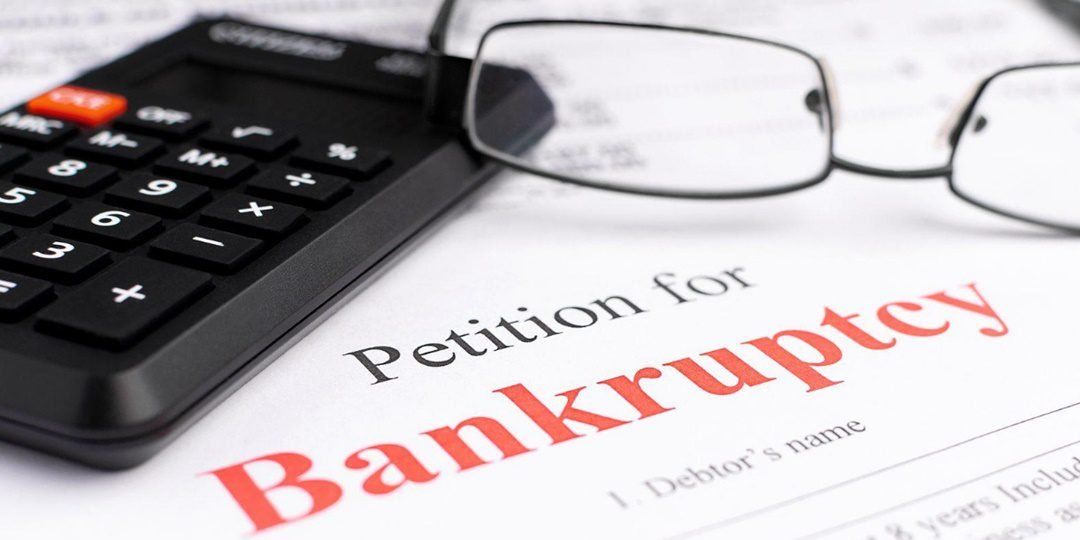Financial difficulties can sometimes lead people to consider car title loans and, in more severe cases, bankruptcy. Understanding how these two financial situations intersect is crucial.
Car title loans can offer quick cash in emergencies, but they come with significant risks. If you’re already struggling with debt, it’s important to know how taking out a car title loan might impact your financial situation, especially if you’re considering bankruptcy.
A car title loan is a short-term loan where your vehicle’s title is used as collateral. These loans are popular because they typically don’t require a credit check, making them accessible to those with poor credit. They come with high interest rates and the risk of losing your car if you can’t repay the loan on time.
How Bankruptcy Affects Car Title Loans
Bankruptcy is a legal process that can help individuals eliminate or repay debts under the protection of the bankruptcy court. There are two main types of bankruptcy for individuals: Chapter 7 and Chapter 13. How your car title loan is treated will depend on the type of bankruptcy you file:
Chapter 7 Bankruptcy: This type of bankruptcy may discharge many of your debts, but you could still lose your car if you can’t keep up with your car title loan payments. The lender can repossess the vehicle, as the loan is secured by your car title.
Chapter 13 Bankruptcy: This allows you to keep your car by reorganizing your debts and setting up a repayment plan. You’ll need to include your car title loan in this repayment plan and continue making payments as agreed.
FAQs About Car Title Loans and Bankruptcy
Q: Can I get a car title loan while I’m in bankruptcy?
A: It’s generally difficult to obtain a car title loan while in bankruptcy because lenders see it as a high risk. Additionally, taking out new debt without court approval can complicate your bankruptcy case.
Q: Will a car title loan be discharged in bankruptcy?
A: In Chapter 7 bankruptcy, your obligation to repay the loan might be discharged, but the lender still has the right to repossess your car. In Chapter 13, the loan will be included in your repayment plan.
Q: What happens if I can’t repay my car title loan and file for bankruptcy?
A: If you can’t repay the loan and file for Chapter 7 bankruptcy, the lender can repossess your car. In Chapter 13, you might be able to keep your car by including the loan in your repayment plan and making regular payments.
Q: How does filing for bankruptcy affect my credit score compared to a car title loan?
A: Both bankruptcy and defaulting on a car title loan can significantly damage your credit score. Bankruptcy can remain on your credit report for up to 10 years, while a car title loan default can lead to repossession and a negative mark on your credit report.
Expert Insight
“Car title loans can provide quick access to cash, but they come with high risks, especially if you’re considering bankruptcy,” says Daniel Joelson, a consumer finance expert. “It’s crucial to understand the implications of these loans on your financial health and explore all available options before making a decision.”
Can You File Bankruptcy on a Title Loan?
Bankruptcy is a legal process designed to provide relief to individuals overwhelmed by debt. Here is a deeper look at how title loans are affected by bankruptcy:
- Chapter 7 Bankruptcy:
- In Chapter 7 bankruptcy, most unsecured debts can be discharged, but liens on secured debts like title loans are typically not eliminated.
- While you may not be personally liable for the debt after Chapter 7, the lender retains the right to repossess the vehicle if you default on payments.
- Chapter 13 Bankruptcy:
- Chapter 13 bankruptcy involves creating a repayment plan to reorganize debts over a specified period.
- Title loans can be included in the repayment plan, allowing you to pay off the debt gradually. However, you must meet the terms of the bankruptcy plan to retain possession of your vehicle.
- Lender’s Rights: Even in bankruptcy, the lender retains certain rights related to the vehicle used as collateral. They may enforce these rights if you fail to comply with the terms of the loan or the bankruptcy plan.
Key Considerations Before Taking a Title Loan
Before getting for an online title loan, it is crucial to weigh the following factors:
- Total Cost of Borrowing: Calculate the total amount you will repay, including interest and fees, to assess the affordability of the loan.
- Impact on Credit and Financial Health: Defaulting on a title loan can negatively impact your credit score and financial well-being. Consider alternative borrowing options with lower risk.
- Repayment Terms and Conditions: Understand the repayment schedule and consequences of late payments or default.
- Explore Alternatives: Research alternative sources of funding such as personal loans from banks or credit unions, which may offer lower interest rates and more favorable terms.
- Communication with Lender: If you are facing financial difficulties, communicate openly with your lender to explore options for restructuring the loan or seeking temporary relief.
In conclusion, while title loans can provide immediate financial relief, they also carry significant risks, especially in the context of bankruptcy.
It is essential to evaluate all aspects of a title loan and consider alternative solutions before making a decision. Seeking advice from financial professionals or credit counselors can help you navigate challenging financial situations effectively.
Here at TFC Title loans, we have been helping people since 1994 to get the most money with their vehicle equity. We have a large network of referral lenders, to help you to get the right loan.
All of our referral partners are in compliance with the CFPB.


